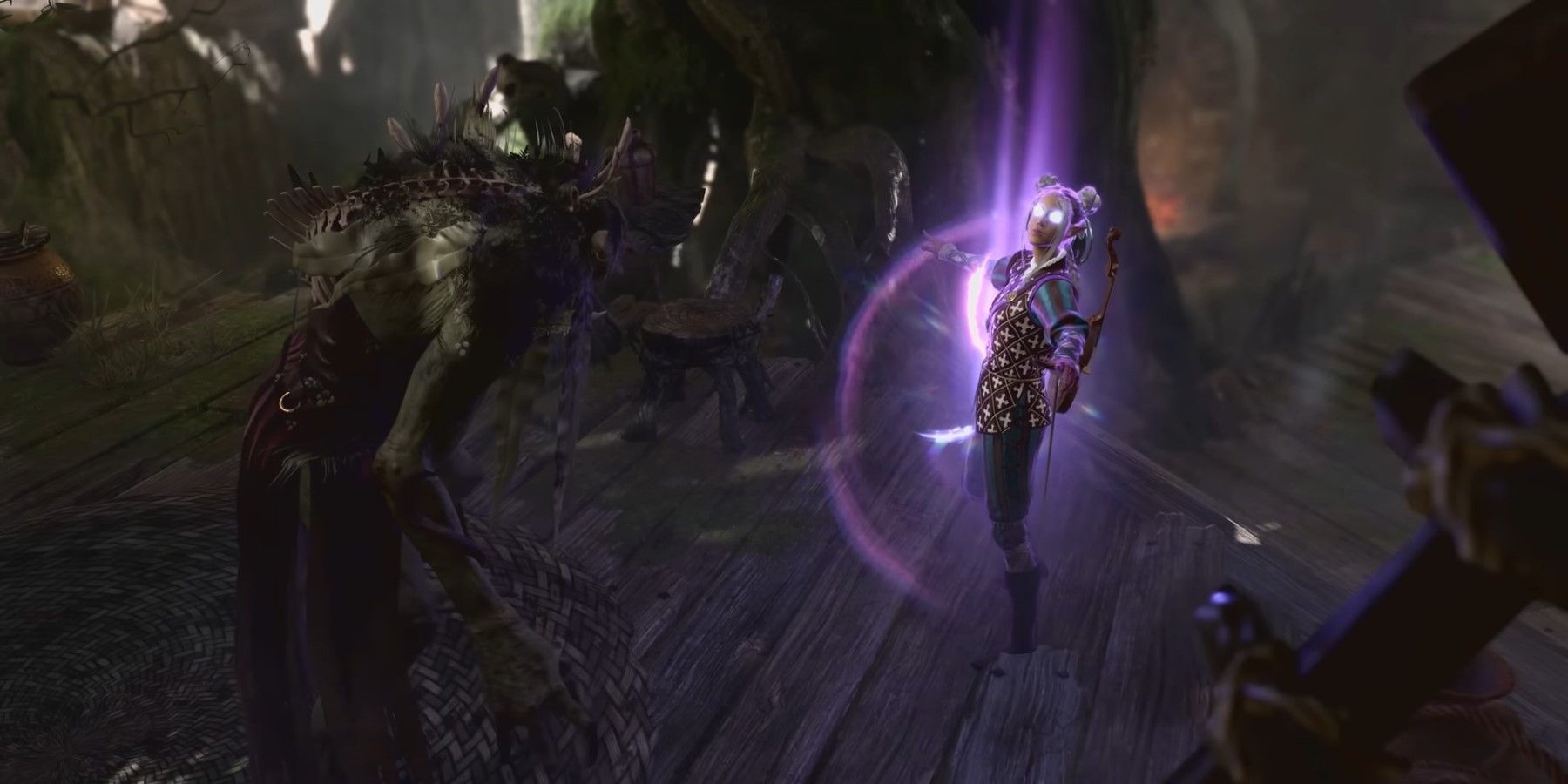
The Ultimate Guide to Dominating Baldur's Gate 3 as a Bard

The Bard in Baldur's Gate 3 is a versatile class that combines musical prowess, captivating storytelling, and daring adventures With their enchanting magic and irresistible charm, Bards are a force to be reckoned with in the world of Baldur's Gate 3
Baldur's Gate 3 is set to be one of the most significant RPGs of the decade, and its extensive scope starts right at character creation. Players are faced with the task of selecting their race, class, and background from a vast variety of options. Among these choices, the Baldur's Gate 3 class holds the utmost importance as it not only determines the abilities of the player's character but also defines their identity.
For those seeking a charismatic and versatile entertainer with magical abilities, the Bard class is the perfect choice. Representing the essence of Dungeons and Dragons, Bards harness the ancient power concealed within music, song, and performance. Thanks to Baldur's Gate 3's incorporation of the +2/+1 Ability Score options from Tasha's Cauldron of Everything, any race can excel as a Bard by prioritizing Charisma as their main Ability Score, accompanied by Dexterity as the recommended secondary.
Baldur's Gate 3: Bard Roleplay Features
The Bard class in Baldur's Gate 3 stands out from the rest with its rich flavor, starting from character creation and the selection of an instrument. Although these instruments may have superficial differences, they contribute to defining the Bard's character. Every time a Bard casts a spell, their equipped instrument adds a musical touch to their magical abilities. Beyond combat, Bards can play their instruments to attract NPCs, who may gather around and even offer some coins. This distraction allows the Bard's allies to take advantage of the situation by pickpocketing, unlocking doors, and engaging in other mischievous activities.
In terms of dialogue, Bards utilize their natural charisma, extensive knowledge of songs and stories, and performance skills. Similar to the Warlock, another Charisma-based class, Bards often take on the role of the group's spokesperson. They excel in conversations, employing their high Persuasion, Deception, and even Intimidation to charm, deceive, or manipulate others into accepting their perspective.
Baldur's Gate 3: Bard Gameplay Features
The Bard in gameplay serves as a support caster, primarily focused on crowd control and debuffing instead of healing. Similar to other full casters in the game, the Bard has access to the same number of Spell Slots per Long Rest and can choose from a wide range of spells that include buffs, debuffs, healing, and utility options. In addition to spells, the Bard possesses unique support and Skill-based features that enhance their versatility.
One notable feature is Bardic Inspiration, which enables the Bard to bestow a bonus die upon allies for Attack Rolls, Saving Throws, or Ability Checks. Another feature called Song of Rest allows the Bard to provide the entire party with an extra Short Rest during a Long Rest. The Bard also benefits from two Skill-based features: Jack of all Trades, which enhances their abilities in Skills they are not Proficient in, and Expertise, which allows the Bard to specialize in two chosen Skills. While the Level 6+ features of the Bard in Baldur's Gate 3 have not been confirmed yet, if adhering closely to the DnD 5E rules, the Bard may gain the ability to protect allies from the Frightened and Charmed conditions, as well as the ability to select spells from spell lists of other classes.
The Bard's subclass is a crucial decision after character creation, surpassing the selection of new spells at each level. With three options available, each subclass in the Bard class possesses its own unique emphasis and style. The College of Lore, for instance, enhances the Bard's skills by providing additional Skill Proficiencies, grants the power to use Bardic Inspiration to weaken enemies, and allows early acquisition of spells from different class spell lists.
College of ValorThe College of Valor, which focuses on leadership, provides proficiency in Medium Armor, Shields, and Martial Weapons. Additionally, it offers an enhanced version of Bardic Inspiration that enables allies to utilize the Inspiration for boosting their damage or Armor Class (AC). Furthermore, at Level 6, students gain access to the Extra Attack feature.
College of SwordsThe College of Swords, centered on combat prowess, grants students proficiency in Medium Armor and the Scimitar. Moreover, it offers a Fighting Style and the ability for Bards to employ Bardic Inspiration on themselves to execute potent Blade Flourish effects during battles. Furthermore, at Level 6, students gain access to the Extra Attack feature.
In Baldur's Gate 3, players can look forward to their subclass offering abundant roleplay opportunities and dialogue choices as they advance through the game's story. This allows them to enhance the Bard's charm, versatility, and musical abilities with an added layer of customization. The game will be released on PC on August 3 and on PS5 on September 6.








